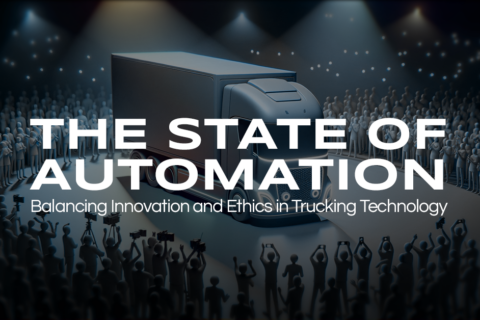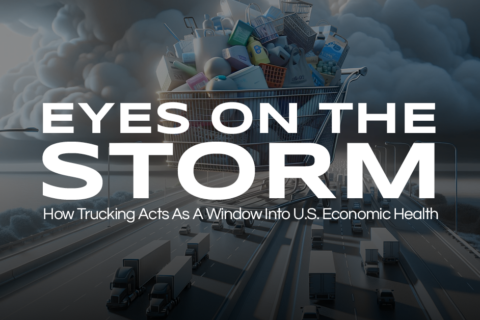Corporate Giants Clash: Berkshire & Haslam’s Tug-of-War Over Pilot Travel Centers
The Clash of Titans Over Pilot Travel Centers In a riveting corporate showdown, Warren Buffett’s Berkshire Hathaway and the Haslam family of Knoxville, Tennessee, have publicly squared off over the valuation of Pilot Travel Centers. Berkshire’s $10 billion investment for a controlling stake of the company has led to accusations of strategic accounting maneuvers, potentially diminishing the worth of the Haslams’ remaining 20% stake in Pilot. As all of this unfolds, It’s apparent that it isn’t just business; it’s a high-stakes drama in the corporate arena. More Than Just Truck Stops Pilot, a sprawling network of travel centers dotting North America’s highways and the brainchild of Knoxville’s own Haslam family. But the chain’s reach extends beyond providing refueling and rest stops. This empire spans energy logistics and notable sports franchise investments, including the Cleveland Browns and Milwaukee Bucks. The Haslams’ foray into diverse ventures paints a very clear portrait of business acumen and strategic expansion. A Twist: Accusations of Bribery Recently, in the midst of the battle a dramatic escalation took place. Berkshire Hathaway leveled bribery allegations against Jimmy Haslam, claiming he manipulated Pilot’s valuation to his advantage. These charges add a whole new layer of intrigue to the dispute, potentially having significant legal and financial repercussions. This unexpected narrative twist has already gripped the attention of the business world. The Accounting Controversy At the heart of this corporate saga is Berkshire Hathaway’s use of ‘pushdown accounting’. This accounting practice involves adjusting the book value of a company’s assets and liabilities to reflect their fair market value after a takeover. In this case, it’s far more than financial jargon; it’s the linchpin of the dispute. The adoption of pushdown accounting by Berkshire could significantly alter the valuation of Pilot Travel Centers, directly affecting the final payout owed to the Haslam family. Grasping this intricate financial tactic is crucial for understanding the high stakes and complex dynamics of this corporate conflict. Settling Scores Outside the Courts As the legal showdown loomed, both Berkshire Hathaway and the Haslam family veered away from a court battle, choosing a settlement route instead. This confidential agreement, though details remain under wraps, is widely speculated to facilitate Buffett’s total acquisition of Pilot Travel. This strategic and discreet settlement, evolving significantly over time, represents a crucial twist in the narrative. It’s a move that not only averts a public spectacle but also promises a resolution that could benefit both corporate giants. Your Perspective on Corporate Dynamics This episode between two titans of industry highlights the intricate dance of corporate mergers and acquisitions. It’s a compelling story that invites your insights. What are your thoughts on this high-profile corporate chess game? Share your views in the comments below. If you made it to this part of the article, we’d just like to take a moment to thank you for taking the time to read this news recap. Be safe out there and as always, If you’re in search of CDL A, B, or warehouse positions, check out our open positions. And if you need staffing solutions for commercial driving or industrial positions, be sure to explore our offerings.











Recent Comments